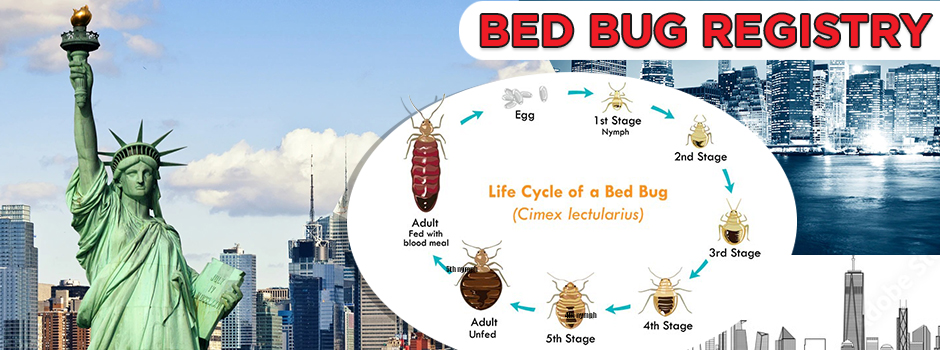On November 16, 2011, HPD along with Council Speaker Quinn and Council Member Brewer announced the acquisition of two male bed bug sniffing dogs in an effort to combat bed bug infestations in residential properties. The beagles, Mickey and Nemo, are available to assist a team of four Code Enforcement Inspectors who have been trained to work with the dogs. The dogs will respond to bed bug complaints where the 311 operator has confirmed that the tenant would like to have the inspection performed by a dog; not every complaint where someone indicates that they are available for a dog will get such an inspection. The dogs were trained at an accredited facility to alert by sitting when they detect live bed bugs or viable eggs. The dogs findings will be confirmed by visual inspection before a violation is issued. Although the dogs cannot respond to all bed bug complaints in residential properties, they will serve as a valuable resource in detecting bed bugs in places that are difficult for people to detect, and in cases where there are a small amount of bed bugs or the bed bugs have not yet matured. For more information on the Bed Bug Canine inspections, click here.
The Department of Health and Mental Hygienes (DOHMH) Bed Bug Website at http://nyc.gov/bedbugs provides detailed information for tenants, property owners/agents and homeowners on how bed bugs thrive, how to recognize and inspect for their presence, steps to take to prevent them from infesting a home, how to safely rid an area of bed bugs if they do occur, and how to select and work with a pest management professional. You can also go to the Department of Housing Preservation and Developments (HPD) e-learning on bedbugs, which provides information on the above topics through an interactive format,using anaudio/ visual format.
Left untreated, bed bugs can spread quickly in multi-dwelling housing. Both the housing and health codes require that property owners address infestations promptly. The surest strategies to keep bed bugs from spreading are prevention, early detection and rapid treatment. As a tenant, the first action you should take if you believe that you have bed bugs is to notify your landlord. As a landlord, the first action you should take is to conduct an inspection of the reported condition. Knowing what to look for is key!
Bed Bug Complaints: Enforcement ProtocolHere is how the Citys enforcement protocols work:
ComplaintsWhen a complaint is made to 311 about bed bugs in a residential building, HPD attempts to notify a property owner/representative at the registered phone number about the complaint (For more information on registration,click here.) A housing inspector from HPD may conduct an inspection. The inspector examines places where bed bugs are commonly found, such as on and around mattresses, beds and head boards, as well as other potentially infested areas as directed by the tenant.
ViolationsIf the HPD inspector finds bed bugs, the property owner is issued an HPD Notice of Violation (NOV)(see Sample A)ordering that the condition be addressed.
When a NOV is issued by HPD, the property owner also receives a DOHMH Order of the Commissioner(see Sample B).The Commissioners order tells property owners in more detail what the requirements for addressing the bed bug problem are, including:
Inspect the apartment(s) cited for bed bugs.
If you find a bed bug infestation in the apartment(s), inspect all units adjacent to, above and below the infested units, as well as all common areas; and retain the services of a pest management professional certified and registered by the New York State Department of Environmental Conservation to take all measures necessary to remove bed bug infestationwhere found.
Keep a record of all actions taken in compliance with the Order.
See the original post here:
HPD - Bed Bugs - New York City

 Residence
Residence  Location
Location 










